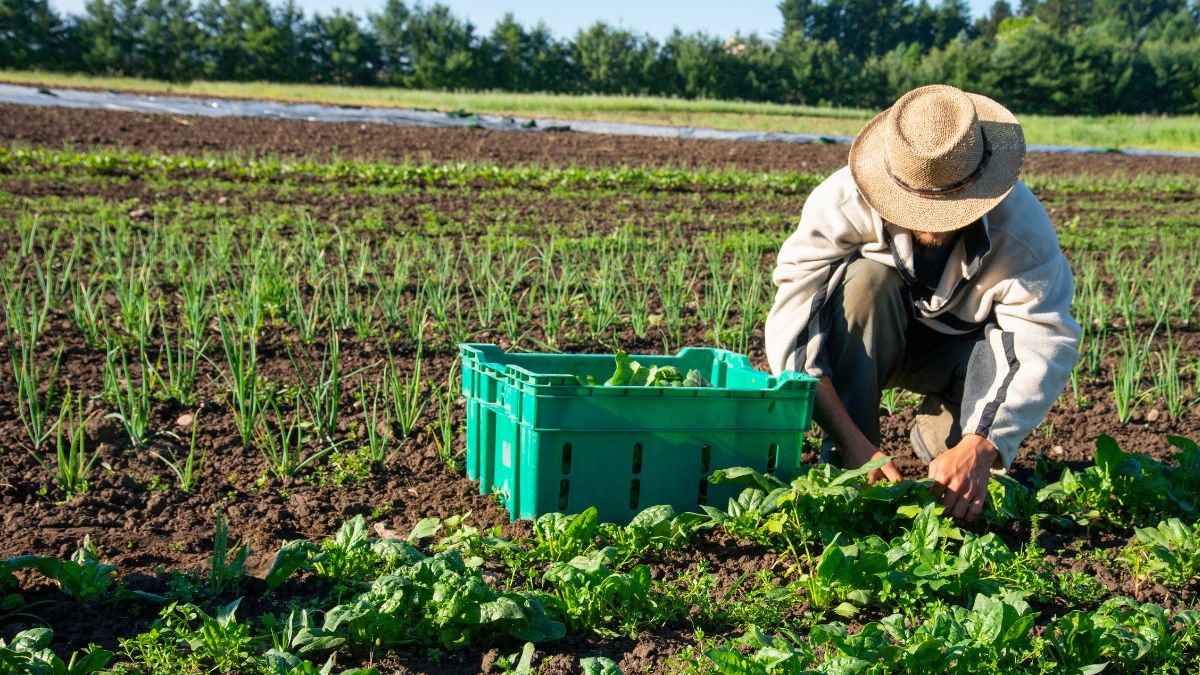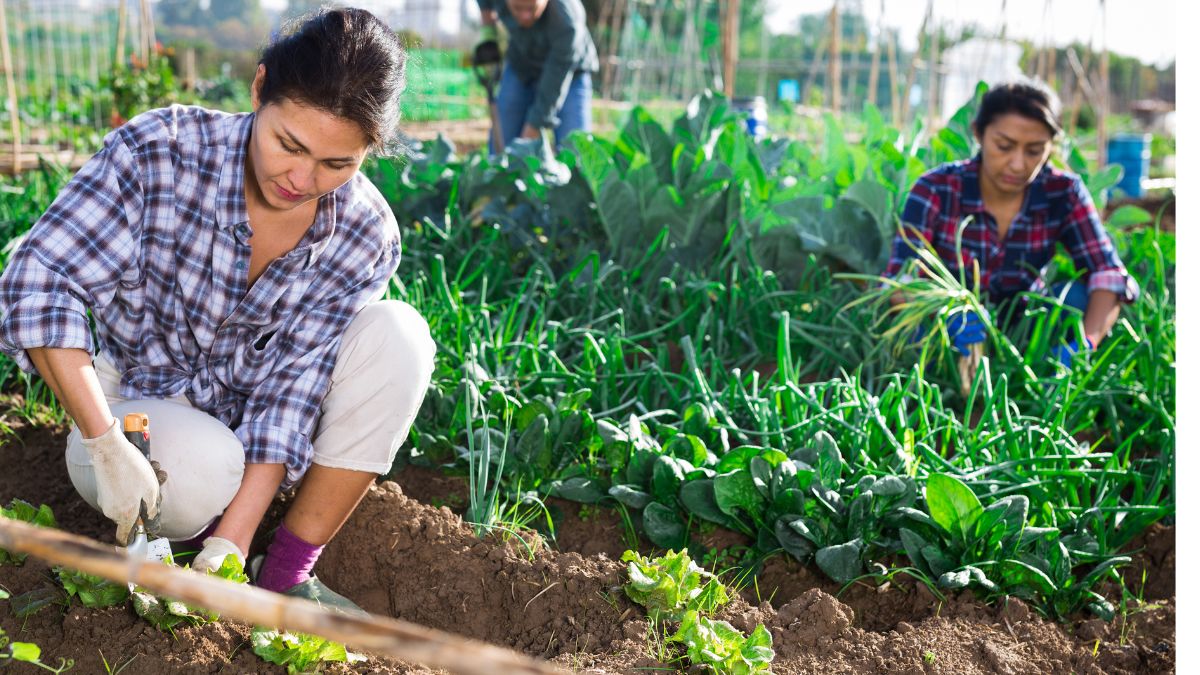In recent years, there has been a noticeable trend among young millennials who are choosing to leave traditional jobs and embark on a path less travelled – natural farming. This departure from conventional career paths is not just a job change; it’s a lifestyle choice driven by a desire for a deeper connection with the environment, a pursuit of sustainable living, and a rejection of the conventional corporate grind.
Why Young Millennials Are Taking Up Farming

Many young millennials are driven by a strong desire for work that feels meaningful and purposeful. Natural farming, on the other hand, provides a direct link between effort and outcome. Tending to crops, raising animals, and working with the land offer a tangible and fulfilling connection to the fruits of one’s labour.
For instance, K. Rajendra, who lives in the N.T.R district in south India, resigned from his job operating a computer training institute five years ago to promote natural farming to young people through YouTube videos and WhatsApp messaging. His effort is part of a larger project in the state, where about 800,000 farmers, most of whom are smallholders, have adopted natural farming, an increase from 40,000 when the state government established a “community-managed natural farming” scheme in 2015.
He now posts films of his natural farm on YouTube. Moreover, he manages more than a dozen WhatsApp groups with over 100 farmers each to exhibit practices and encourages young people to become involved. This project aims to maintain agricultural livelihoods by increasing crop yields and farmer health. This also aims to reduce spending on artificial fertilisers and pesticides and lower greenhouse gas emissions.
The growing exodus of young millennials from traditional jobs to embrace natural farming is a reflection of changing values and priorities. As this trend continues, it challenges societal norms and encourages a reconsideration of what constitutes a fulfilling and sustainable life.
Also Read: Dallas Farmers Market Is Home To Chaiwali, A Hotspot For South Asian Tea
Embracing Natural Farming As A Lifestyle Choice

Farmers’ numbers in India have declined in recent decades as the profession has gotten more expensive and risky. Many people are sceptical that natural farming would operate on a broad scale, fearing poorer output and earnings. Agriculture continues to be the largest employer in the world’s most populated country, employing 250 million people. However, according to World Bank figures, it will account for 44% of total employment in 2021. It has come down from 64% in 1991.
Growing concerns about climate change, deforestation, and pollution have spurred a generation of environmentally conscious individuals. Natural farming emphasises sustainable and regenerative practices. This aligns perfectly with the values of millennials who want to actively contribute to the health of the planet. Natural farming avoids synthetic fertilisers and pesticides. The activity favours using homemade or organic manure, producing numerous crops rather than just one, and not tilling the land.
Moreover, the awareness of the impact of processed foods and the use of synthetic chemicals in agriculture has led many millennials to prioritise health and wellness. This allows millennials to step away from screens and reconnect with the earth.
What do you think of this new lifestyle choice?
Cover image credits: Canva
For more such snackable content, interesting discoveries and the latest updates on food, travel and experiences in your city, download the Curly Tales App. Download HERE.




